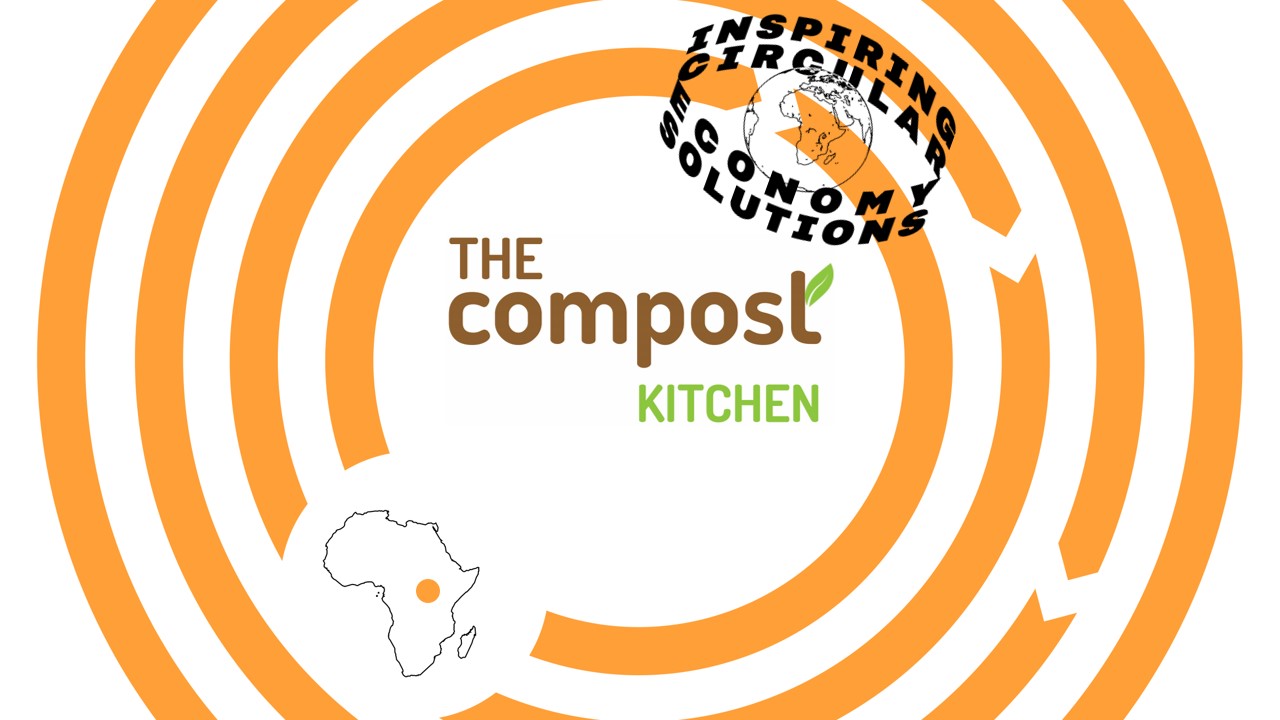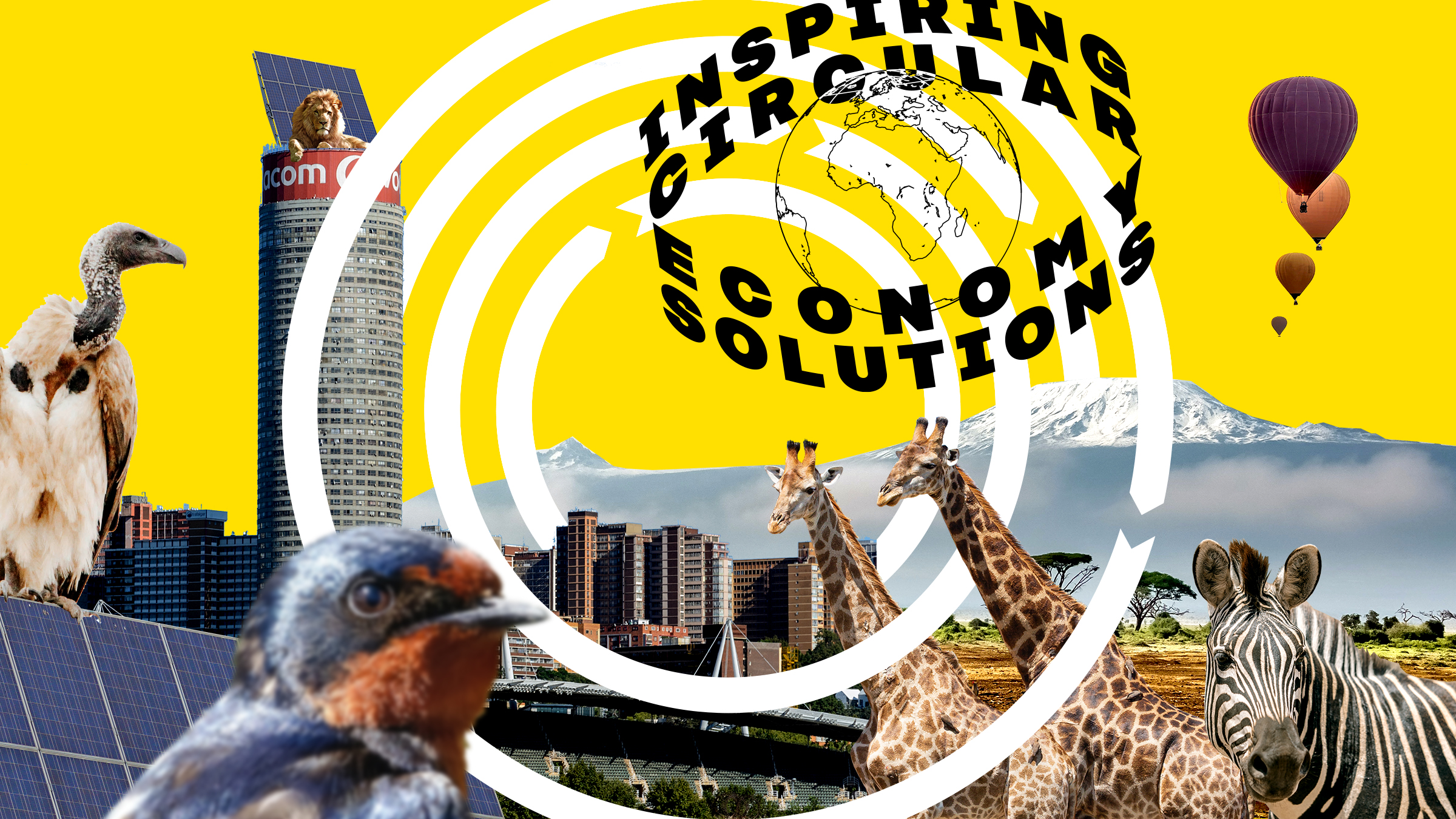Decomposition can be a beautiful thing, as it turns organic waste into rich, fertile soil. Compost Kitchen has developed many solutions for composting in South Africa, ranging from do-it-yourself methods to composting-as-a-service.
Problem
Soil degradation is a pressing problem all over the world. In South Africa, about 60 per cent of the soil is lacking organic matter, which harms its fertility. Simultaneously, many people in South Africa don’t have organic waste collection services. Kitchen waste ends up in a landfill where it generates methane, a strong greenhouse gas.
Solution
Compost Kitchen saw one solution for both problems. They collect organic waste, treat it and return the compost to people so they can enrich the soil in their gardens. The company’s method of treating the compost is possible with the help of earthworms. Earthworm tunnels increase air and water movement through the soil. They eat organic material like kitchen scraps and increase soil fertility by releasing nitrogen, phosphorus, potassium and magnesium into the soil.
Business potential
Compost Kitchen has customers in Johannesburg who have signed up for their composting-as-a-service. They can pay monthly or yearly subscriptions.
Additionally, the company sells a range of products such as composting containers, vermicompost, biochar and wooden garden boxes. The iCompost is a kitchen waste composting appliance.
Social and environmental impact
Reusing kitchen waste keeps organic material out of landfills, lowering the methane produced and reducing water contamination. The vermicompost enriches degraded soils and helps people grow food locally.
Compost Kitchen employs local informal carpenters to create their compost boxes from recycled pallet wood.
Future
Compost Kitchen offers a wide range of solutions for composting to cater to many different types of customers. They are driven by the certainty that for-profit, scalable circular solutions are crucial in building the future.
Want to learn more about circular economy solutions in Africa? This year’s World Circular Economy Forum will take place in Rwanda on 6–8 December. Check out the programme and register for online participation.


Inspired?
Check out all solutions.